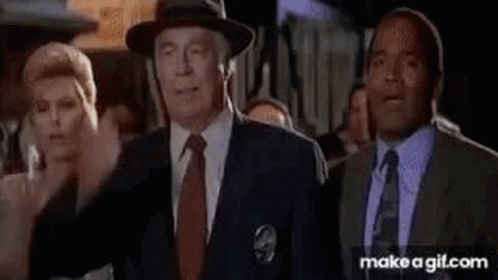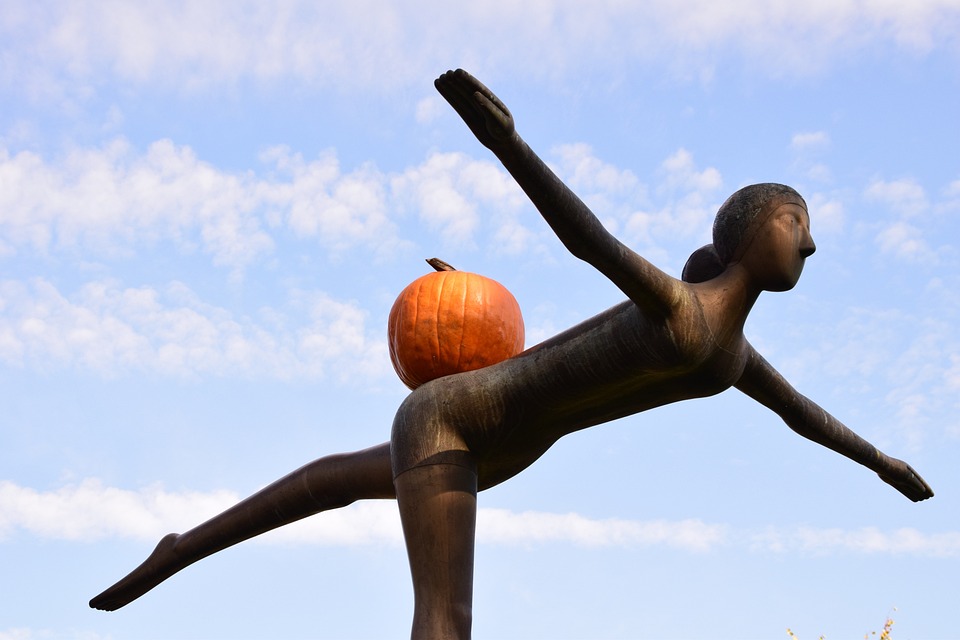Have you ever been in a situation where someone tells a joke so bad that you’re left speechless? You know, the kind of joke that makes you question whether the person is actually trying to be funny or if they’re just socially awkward?
Well, I’ve been there more times than I’d like to admit, and let me tell you, it’s not always easy to come up with a response that’s both honest and polite.
Over the years, I’ve compiled a list of witty comebacks that have helped me navigate these awkward moments without completely crushing the joketeller’s spirit.
Some of these responses are a bit sarcastic, while others are more playful, but they all serve the same purpose: to acknowledge the bad joke without encouraging more of the same.

If you’ve ever found yourself in a similar situation and struggled to find the right words, fear not! I’m here to share my top 30 funny responses to bad jokes that are sure to help you handle these moments with grace and a touch of humor.
- “I’d laugh, but I don’t want to encourage you.”
Politely declining to laugh at the bad joke. - “Was that a joke? I thought it was a cry for help.”
Implying that the joke was so bad, it sounded like a distress call. - “I’m sorry, I left my laugh at home today.”
Pretending to have forgotten to bring their sense of humor. - “I’d give you a pity laugh, but I’m all out of pity.”
Refusing to laugh out of sympathy for the joke teller. - “I’m not saying it was a bad joke, but my dog just left the room.”
Suggesting that even a dog found the joke unappealing. - “I’m going to need a moment to process that… Nope, still not funny.”
Taking time to think about the joke but still finding it unfunny. - “I think your joke needs a doctor. It’s barely alive.”
Comparing the joke to a severely ill patient. - “I’d laugh, but I don’t want to ruin my poker face.”
Maintaining a serious expression to avoid encouraging the joke teller. - “I’m not laughing with you; I’m laughing at you.”
Laughing at the joke teller’s poor attempt at humor. - “I’m not sure if that was a joke or a social experiment.”
Questioning the purpose of the bad joke. - “I’d laugh, but I’m afraid it might be contagious.”
Implying that bad humor could spread like a disease. - “I think your joke just filed for bankruptcy.”
Suggesting that the joke was so bad, it’s financially ruined. - “I’m going to need a translator for that joke.”
Pretending not to understand the joke due to its poor quality. - “I’m not sure if I should laugh or call for an ambulance.”
Implying that the joke was so bad, it might require medical attention. - “I’d clap, but I don’t want to risk hurting my hands.”
Refusing to applaud the bad joke to avoid potential injury. - “I guess your joke was on a coffee break, it didn’t deliver!”
(Implying that the joke was so bad, it seemed like it wasn’t even trying to be funny, as if it was taking a break.) - “Well, you’ve successfully lowered the world’s humor standards.”
(Suggesting that the joke was so bad, it has lowered the bar for what is considered funny.) - “I think your joke needs to go back to comedy school.”
(Implying that the joke was so bad, it needs more training or education to be funny.) - “I’ve heard better jokes from a first-grader!”
(Suggesting that the joke was so bad, even a small child could tell a better one.) - “Your joke would be a great insomnia cure!”
(Implying that the joke was so bad, it’s boring enough to help someone fall asleep.) - “I’m pretty sure even a dad wouldn’t laugh at that one.”
(Referring to “dad jokes” which are typically simple, pun-based, and not very funny, suggesting that the joke was worse than that.) - “Is that a joke or a cry for help?”
(Implying that the joke was so bad, it seems like the person telling it needs assistance.) - “I’d laugh, but I’m afraid it might encourage you.”
(Suggesting that the joke was so bad, laughing at it might make the person tell more bad jokes.) - “Your joke must be a savings account, because it certainly lacks interest.”
(Making a pun on the word “interest”, suggesting that the joke was not interesting or funny.) - “I laughed so hard, I forgot to laugh.”
(Implying that the joke was so bad, it didn’t even warrant a reaction.) - “Your joke made me appreciate the beauty of silence.”
(Suggesting that the joke was so bad, silence would have been better.) - “I think your joke just died of loneliness, no punchline was found around it.”
(Implying that the joke was so bad, it didn’t even have a proper punchline.) - “Is your joke contagious? Because nobody’s catching it.”
(Suggesting that the joke was so bad, no one understood or laughed at it.) - “Your joke is like my bank account, it has no balance.”
(Implying that the joke was so bad, it lacked balance or proper structure, like an empty bank account.) - “I’ve heard crickets make less noise than your joke.”
(Suggesting that the joke was so bad, it was met with complete silence, like the sound of crickets.



